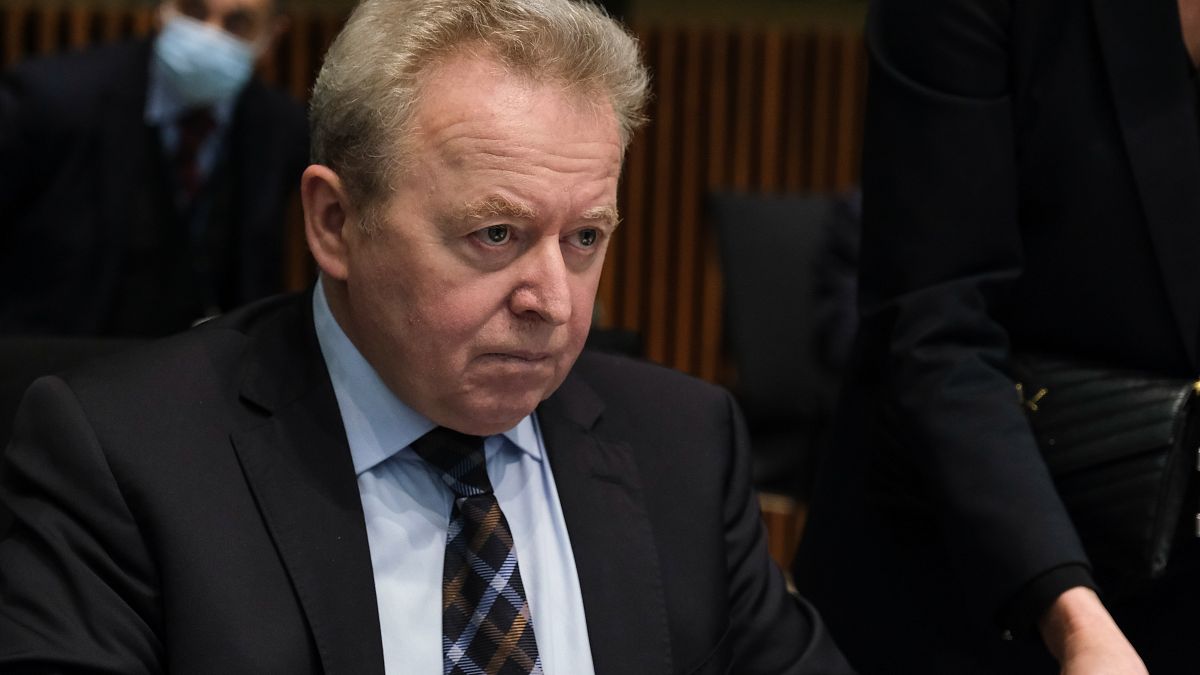The nomination process for the next European Commission is in full swing, and there are strong indications about who might lead the EU’s agriculture policy in President Ursula von der Leyen’s team. While traditionally, the agriculture portfolio does not go to one of the ‘Big Four’ countries, it is expected that the role will be filled by a candidate from the centre-right European People’s Party (EPP). The EPP has been focusing on agriculture, claiming to be the farmers’ party during the campaign and promises to make it a major topic in the next mandate.
There are several potential candidates being considered for the agriculture portfolio, but it is likely to go to a member of the EPP. Wopke Hoekstra from the Netherlands is seen as a strong contender due to his background and experience in negotiating at COP28. The Netherlands is a major food producer and processor, making the country a suitable choice for the role. Additionally, rewarding the Dutch farmers’ party BBB for joining the EPP and aligning with the Netherlands’ agricultural vision could make Hoekstra a favourable choice.
Luxembourg, Portugal, and Greece are also potential candidates for the agriculture portfolio. Christophe Hansen from Luxembourg has expertise in trade and environment, making him a strong contender. Portugal’s Miguel Poiares Maduro, with a background in EU law, could also be a suitable choice. Apostolos Tzitzikostas from Greece, with experience in cohesion funds, is another strong candidate. However, the final decision will depend on various factors, including the portfolio assigned to each country.
Other potential candidates for the agriculture portfolio include Dubravka Šuica from Croatia, who has worked in rural areas in the past, and Henna Virkkunen from Finland, a forestry country. Romania is still undecided on its candidate, with rumours suggesting MEP Siegfried Mureșan or socialist Mihai Tudose as possible choices. EPP figures from Sweden, Poland, Austria, Ireland, and Lithuania are less likely to be proposed for the role due to other interests and expertise. Valdis Dombrovskis from Latvia is expected to receive a different portfolio, while Cyprus is more focused on the new Mediterranean portfolio.
In conclusion, the selection process for the next European Commission’s agriculture portfolio is well underway, with several potential candidates from EPP-ruled countries vying for the role. While the role traditionally does not go to one of the ‘Big Four’ countries, the importance of agriculture in the EU and the EPP’s focus on the sector make it a key position. The final decision will depend on various factors, including the candidates’ expertise, interests, and the portfolios assigned to each country. It remains to be seen who will ultimately lead the EU’s agriculture policy in von der Leyen’s team.


























